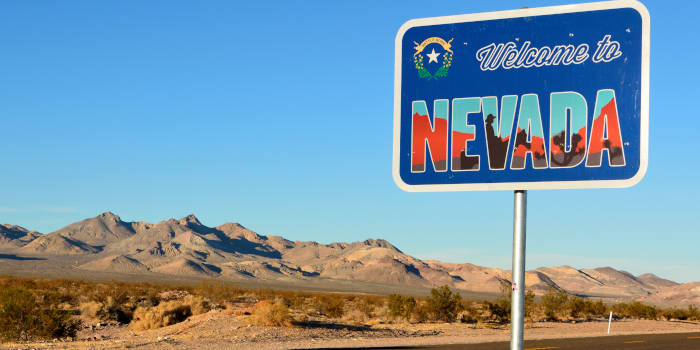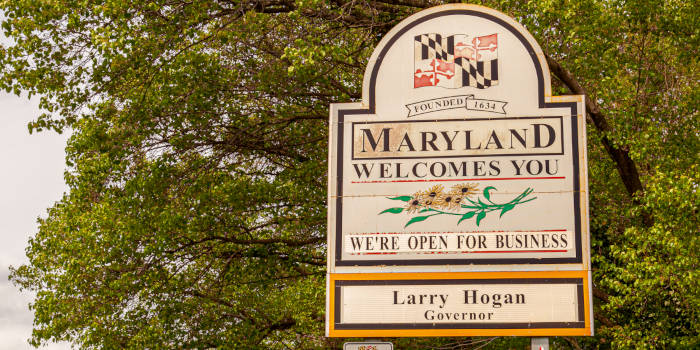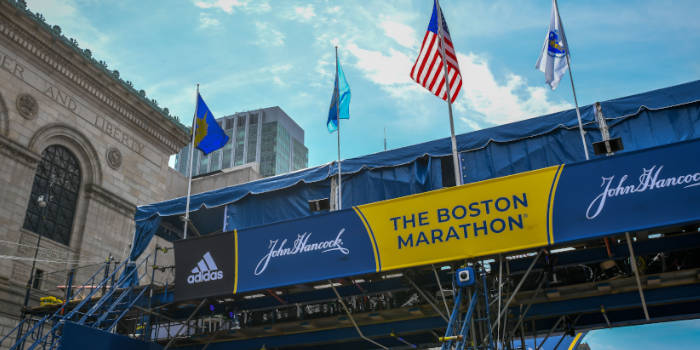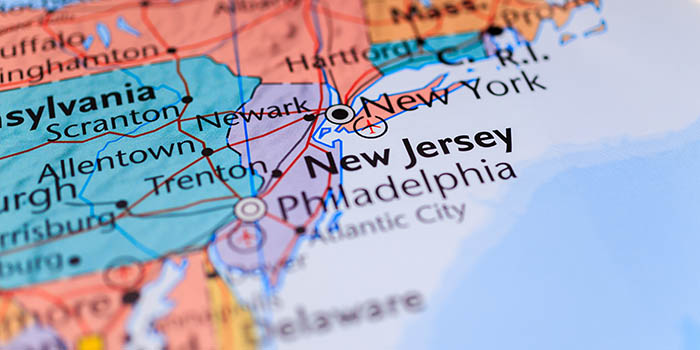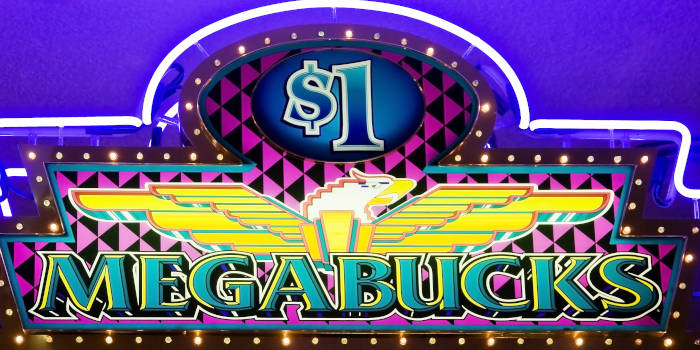Gaming Legislation in Connecticut Brought Back for Consideration

Gaming legislation in Connecticut will be back on the agenda, as state Senator Cathy Osten is prepared to resubmit her bill two weeks before the annual session of the General Assembly, stating the bill is designed to resolve long-term gaming issues for lawmakers.
The Senator Democrat from Sprague is meeting with her colleagues to discuss the Connecticut Jobs and Revenue Act, a measure under which Mohegan Sun and Mashantucket Pequot Indian tribes were called to invest tribal money into a gaming facility in Bridgeport in exchange for the rights to online gaming and sports betting.
Revenue Aspects Amended
The bill which was initially disclosed in July was supposed to be considered during a special legislative session, but the proposed idea did not get support from Connecticut Gov. Ned Lamont’s administration.
This time around, the bill has its revenue aspects revised, Senator Osten mentioned, clarifying that she added a provision that would ensure more money from the gaming revenue for the eastern municipalities, especially those located around the Mohegan Sun and the Foxwoods casino resorts.
Senator Osten stated that she would like to see the Mashantucket Pequot and Mohegan Fund regain its role for distributing gaming revenue to the towns and cities, and help the fund reach levels it had about two decades ago.
The fund peaked between 1998 and 2002 having funds of between $130 million and $135 million, compared to only $49.9 million in 2019. Last fiscal year, the state’s share of the casinos’ slot machine revenue, 25%, brought in only $255.2 million, seriously undercutting the money distributed through the fund to just under $50 million, the smallest amount ever given to the municipalities.
In 2020, the situation improved a bit and the budget for the state has plans to distribute $51.5 million from the fund, and the Senator feels optimistic that as soon as the state’s third casino opens, the fund could be restored to its highest levels. A joint venture between the two tribes will operate a casino property in East Windsor, which will bring 25% of its slot machines and table games revenue to the state.
Revenue from Sports Betting and Online Gaming
Senator Osten expects more revenue for the state to come from sports betting and online lottery sales, but the gaming compacts with the Mohegan and the Mashantucket complicate the matters, as the tribes insist on their exclusivity rights to offer sports wagering.
On the other hand, Gov. Ned Lamont wants to move forward with sports betting which is already a growing trend in the Northeast. It has been legalized in New Jersey, New York, Pennsylvania and Rhode Island, and even helped the online gaming industry boom in Pennsylvania.
Connecticut does not want to be left behind its neighbors with this new opportunity and the Governor’s administration has been pushing discussion efforts with the tribes, viewing 2020 as a good time to legalize sports betting.
The tribe’s proposed casino in East Windsor was halted due to litigation brought by MGM Resorts, which recently opened a casino in Springfield, Massachusetts, a 20-minute drive from East Windsor. Hence, the governor’s administration came up with an idea for the tribes to discard their plans for the casino property in East Windsor in favor of a gaming facility in Bridgeport, but the tribes did not agree.
Although Fiona doesn't have a long-spanning background within the gambling industry, she is an incredibly skilled journalist who has built a strong interest in the constantly growing iGaming network. The team at GamblingNews.com is glad to have her on our roster to help deliver the best stories as soon as they hit. Aside from writing, she loves to dabble in online casino games such as slots and roulette, both for her own enjoyment and also as research to better improve her understanding of the industry.





